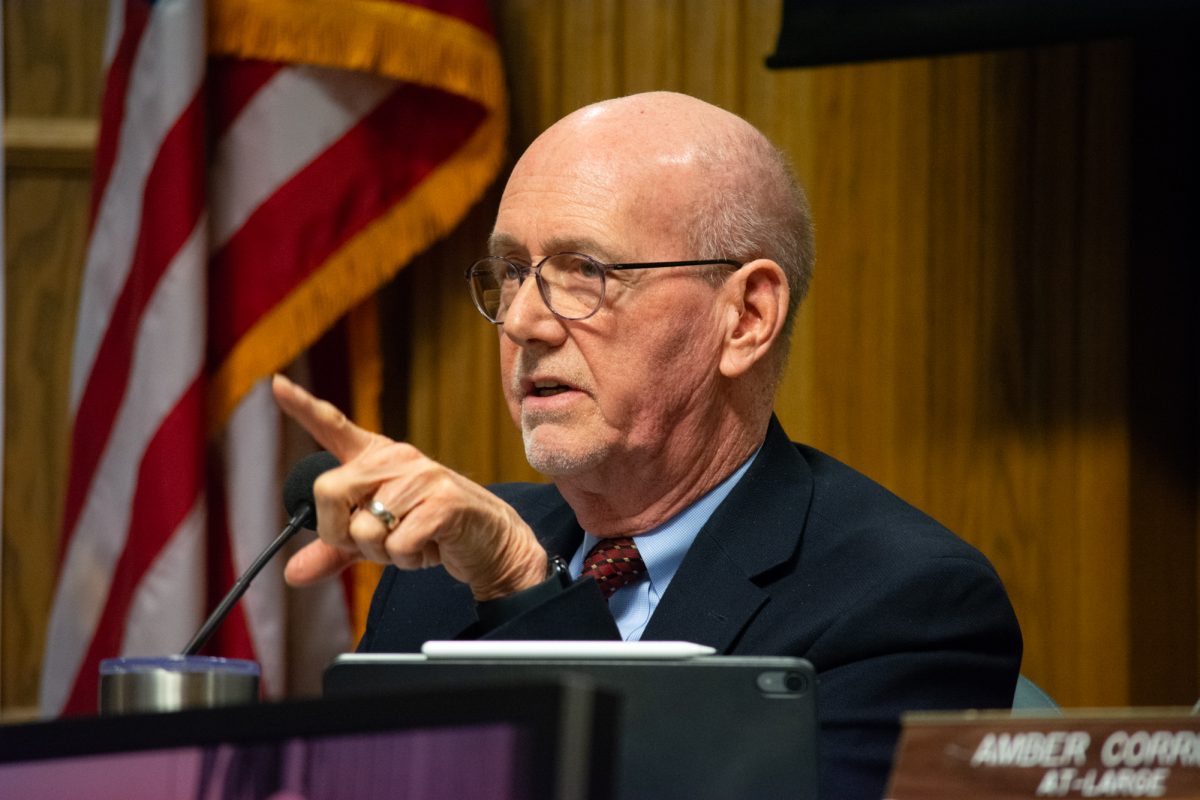The Nutrient Reduction Strategy (NRS) is failing to improve Iowa’s water quality but succeeding at its true goal: convincing the public that Iowa’s water quality is on its way toward better water quality.
The core of the plan to reduce nonpoint source pollution (agriculture) is to pay farmers to pollute less using public funds. Since it has been determined that nutrient pollution causes negative externalities, the state of Iowa has decided to use public money to pay farmers to reduce pollution. I do not hate farmers. I believe farmers are agents working within the current system. However, they are part of an industry that either refuses or is slow to drag its feet to cover the costs of its pollution.
Nutrient pollution leads to many different costs placed upon the public. Examples include not being able to fish for clear-water species, not being able to swim in lakes without fear of being poisoned, not being able to kayak in clear water, having to pay for expensive nitrogen-removal processes and having to drink nitrogen-polluted water. Agriculture, as a whole, is responsible for 29% of Iowa’s greenhouse gases, compared to transportation at 16%, as reported by the Iowa Department of Natural Resources. Nitrous oxide from fertilizers and methane from animals are major sources of agricultural greenhouse gas emissions. Iowa’s response is to take tax dollars and give them to the people responsible for the pollution.
Farming in Iowa (corn, soybeans and animal confinements) requires many inputs such as fertilizers, pesticides, machinery, buildings and other expensive items. This has created a large ecosystem of companies that profit from the industrialization of farming. These companies are the same ones that fund portions of our university. Their influence can be difficult to separate from the public education and the research Iowa State does.
The NRS is backed by Iowa State. However, I do not see how it is reflective of Iowa State’s research done by scientists. As shown by the example of Chris Jones, any government scientist in the state of Iowa is at risk if they go against the narrative that Iowa agriculture is doing a wonderful job at reducing pollution. Research from the NRS’s formation shows we need more conservation practices implemented. Research today shows the same thing. The Secretary of Agriculture and the state of Iowa hope you don’t read scientific articles and instead consume the scientific information produced by agricultural companies.
Any “success” of the NRS so far is a success of using your tax money to pay farmers who apply fertilizer and manure onto their fields at the same or greater rates. Tax dollars are used to implement practices like cover crops so that companies can sell more seed to the farmer. Your money is used to pay for buffers so that a smaller amount of the pollution caused by farming makes its way to the water. Your money is used for excuses to justify building more animal confinements, buying more tons of fertilizer and placing more agricultural tile.
The companies and private organizations promoting how well the NRS has done over the past 10 years want you to believe them. They want you to stop worrying about the quality of your water while allowing your tax money to silently make its way back to them. Our government institutions, including Iowa State, are part of this performance to convince us things do not need to change drastically. If you’re angry like I am, you may wonder what we can do about it. I’ll explain some suggestions in my next article on the Nutrient Reduction Strategy.








